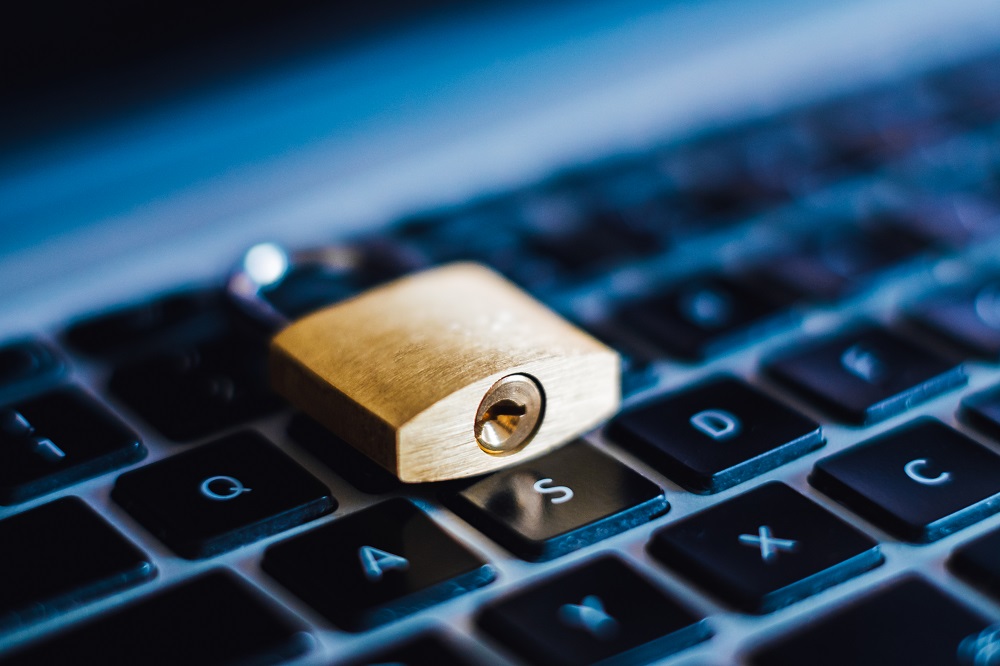We’re only on the second month of 2019, and over 23 major data breaches have already been reported. Every business, from video games to fast food chains, was targetted. Your customers trust you with their personal information. You owe it to them to keep that information secure. Here’s how you can keep essential business data safe.
Education is Key
Not everyone is adept at keeping data within the company’s network. The growing popularity of work-at-home and freelance jobs also pose a challenge to your business’ data security. Whether you have proprietary software or a ServiceNow store, work with your IT department to set guidelines and training programs for your employees to learn about using them in and out of the workplace.
One easy tip you can teach your workers is to enable two-factor authentication for their logins. Two-factor authentication ensures that the user signing in is actually the owner of that account or page by requiring a code sent to their other devices. This makes it harder for attackers to access user accounts without their victim’s smartphone or biometrics.
Always Choose to Encrypt

Encryption is a widely used method to protect online and offline data. Even smartphones encrypt information stored in them. Encryption works by scrambling information, making it incomprehensible to those who aren’t authorized to access it. Its rightful receiver has a key that can unscramble it and make it readable again. Encryption is a practice that spans centuries from the ancient Egyptians. It continues to improve with the use of sophisticated algorithms on computers.
Today, the universal example of computer encryption is the Advanced Encryption Standard (AES). According to the electronics news site EE Times, it would take billions of years before anyone can decrypt an AES key using brute force. Website suites like Squarespace offer Transport Layer Security (TLS) and Secure Sockets Layer (SSL) protocols that use a combination of encryption keys such as AES and Secure Hash Algorithms (SHA).
Yes, Even the Hardware
While most attacks nowadays come from software, anyone who steals a hard drive or a laptop in your workplace can uncover sensitive files. They can also gain access to your company’s network, especially if the original user’s passwords are stored in the device. Double down on security by limiting the access to server rooms to IT personnel only. Have everyone lock their desktops when they go on break. And as much as possible, avoid using flash drives for data transfer. If it can’t be helped, protect the drives using encryption software.
Wrap-Up: Prepare for the Worst
You can do your very best to prevent cyber attacks, but you can never be too sure. Even tech giants like Facebook and Yahoo have had their fair share of data breaches. In the event of one, isolate the affected devices and hire investigators to inspect them. You should also talk to the company lawyer to assess the legal repercussions of the breach. Finally, notify everyone affected by the attack as soon as you can. Use plain language and be transparent about what happened. The Federal Trade Commission has a template that you can follow to make sure you don’t miss any crucial details.
Going online is pretty much essential for any business to grow. Innovations like cloud computing make business processes and document storage easier. While it does make workflow more manageable, it also requires intricate security measures to make sure customer and employee data is protected. Your clients will have a better time doing business with you when they know they can trust you.

